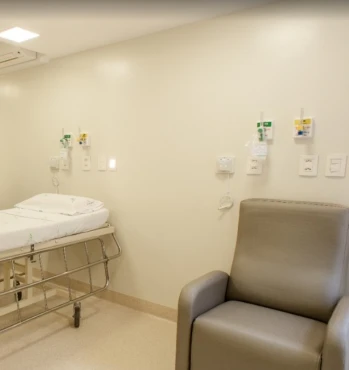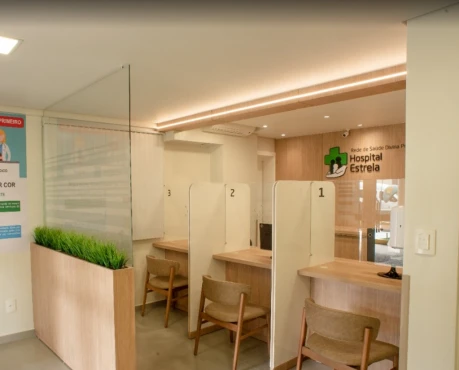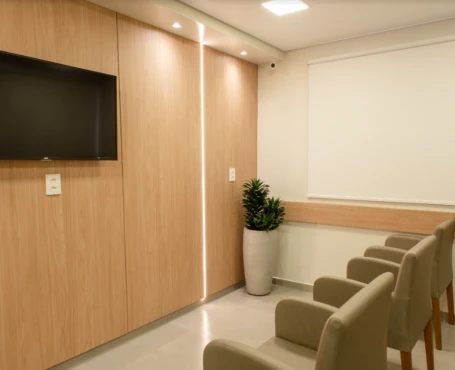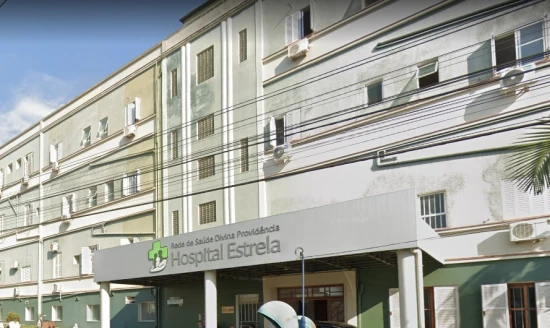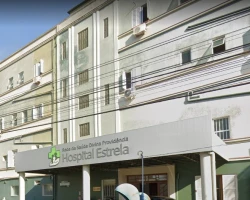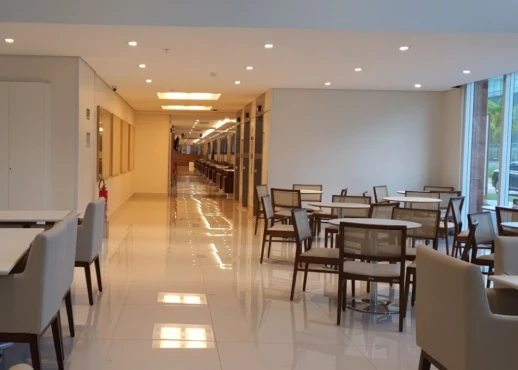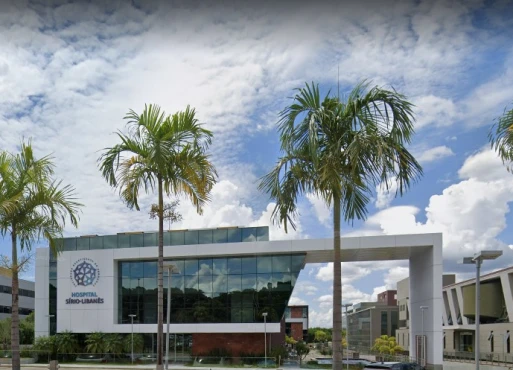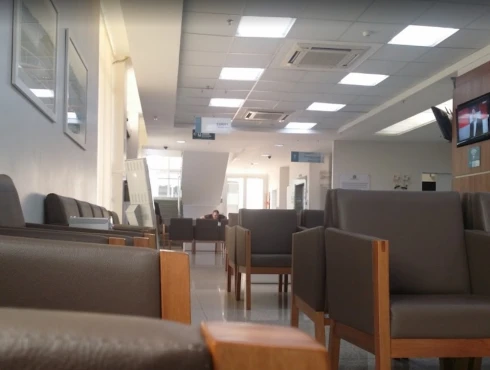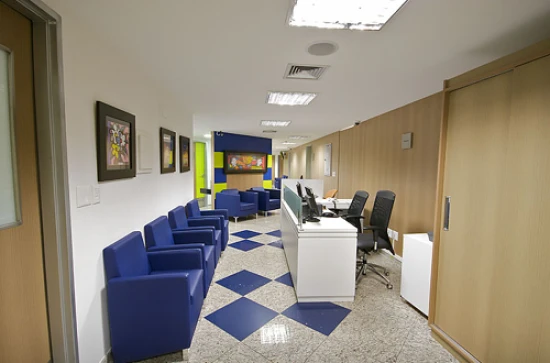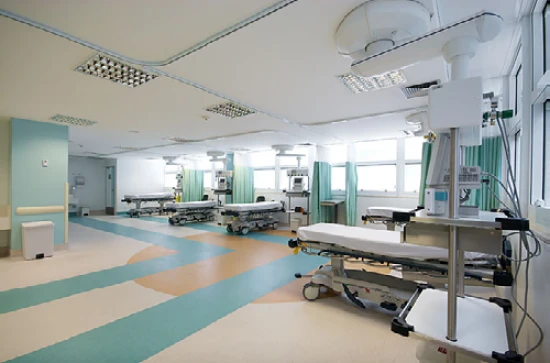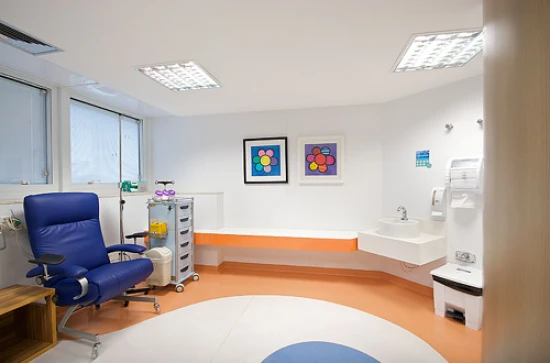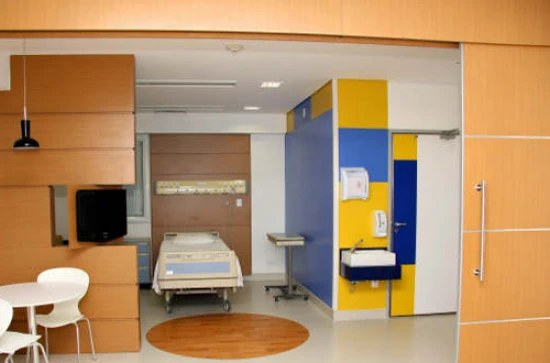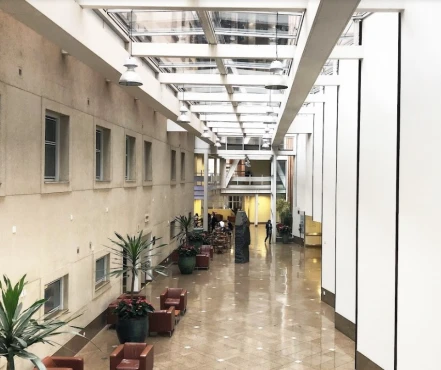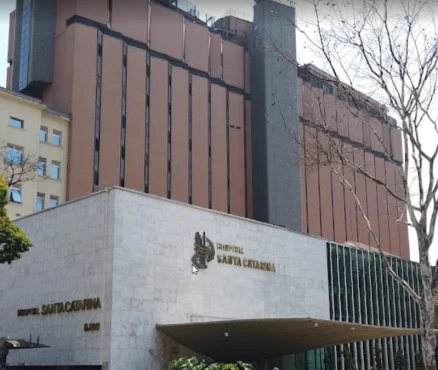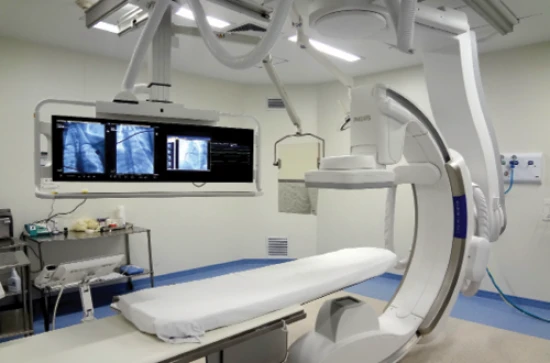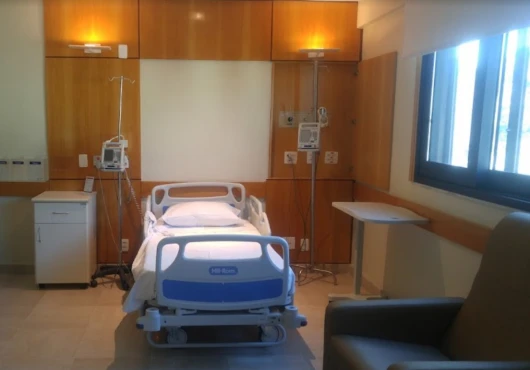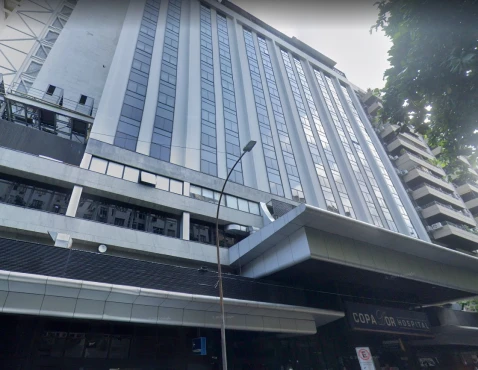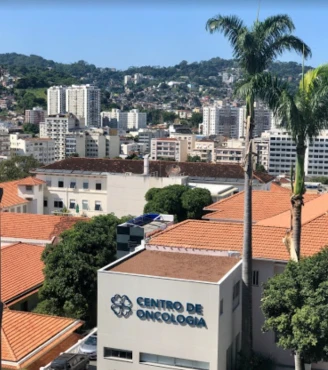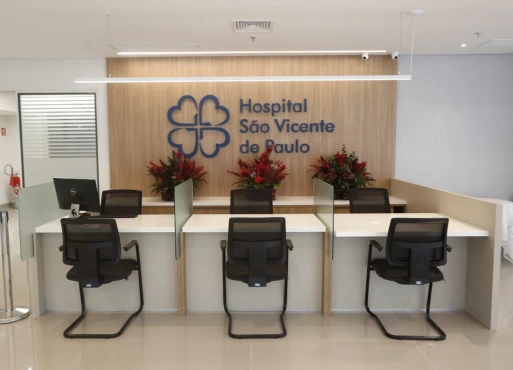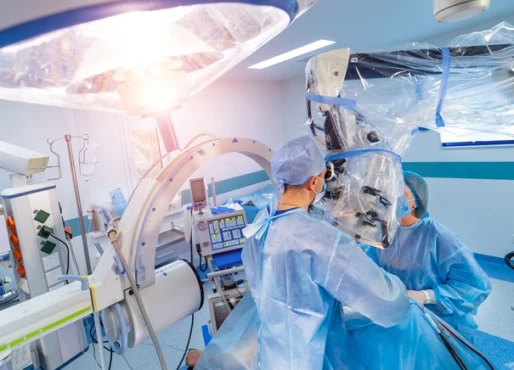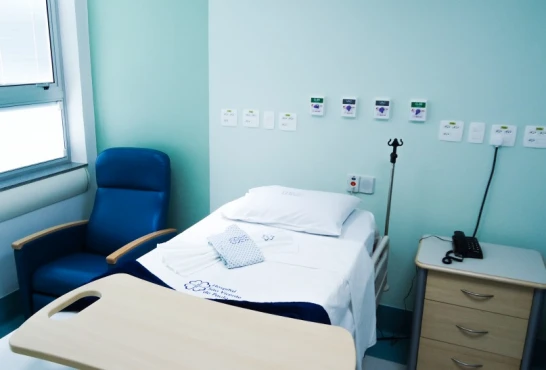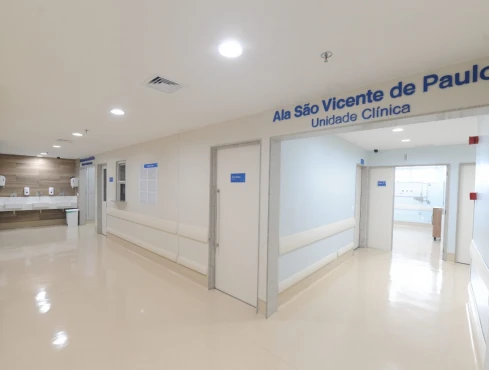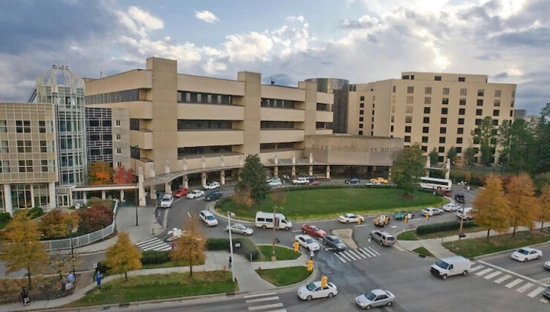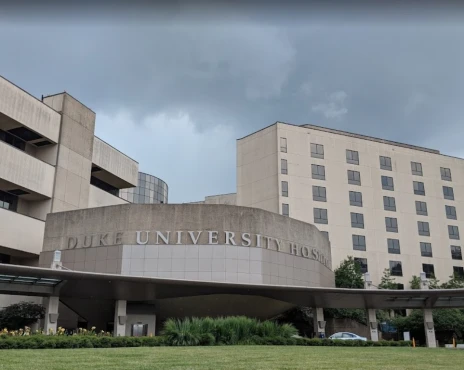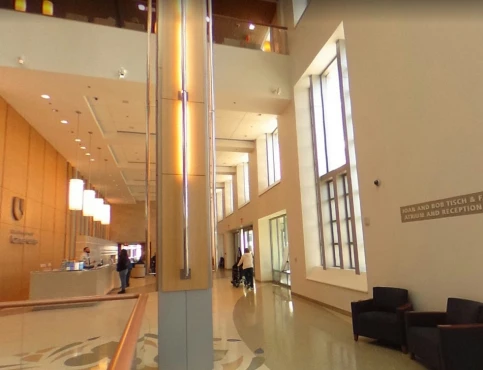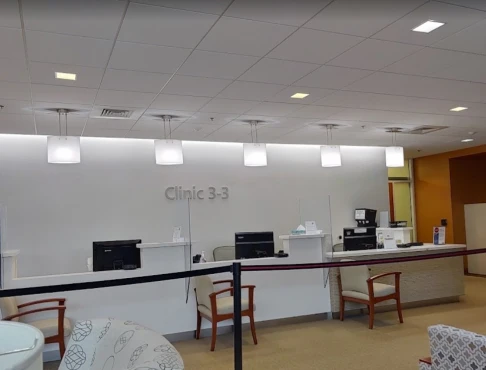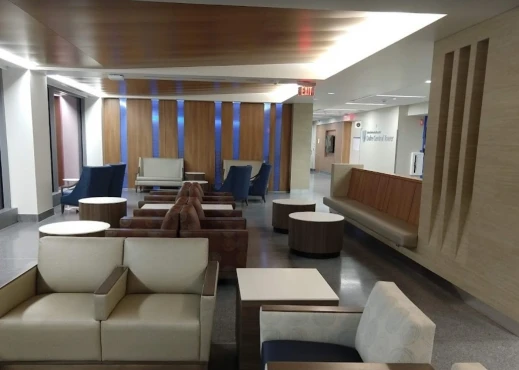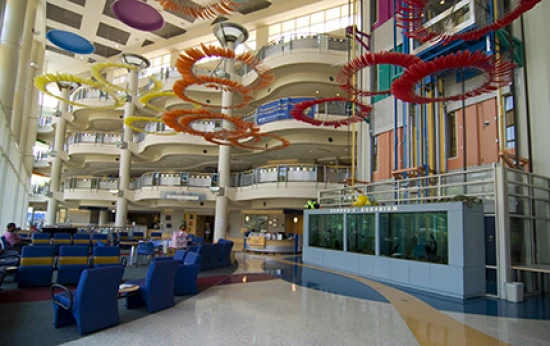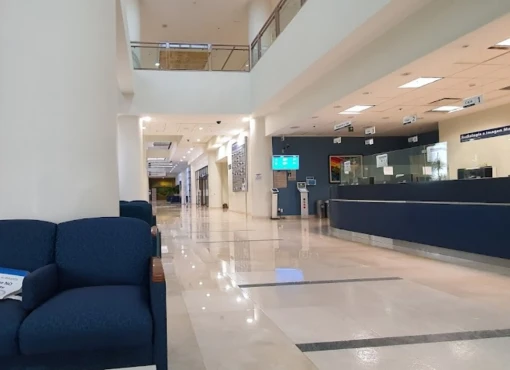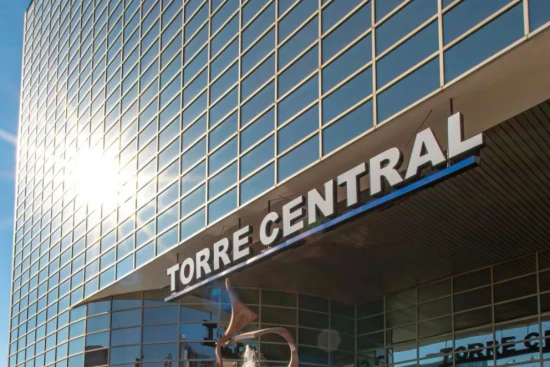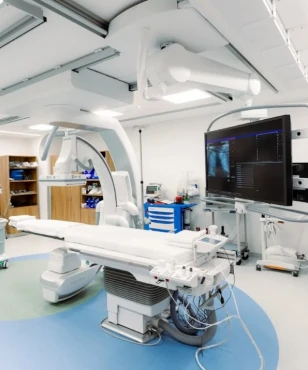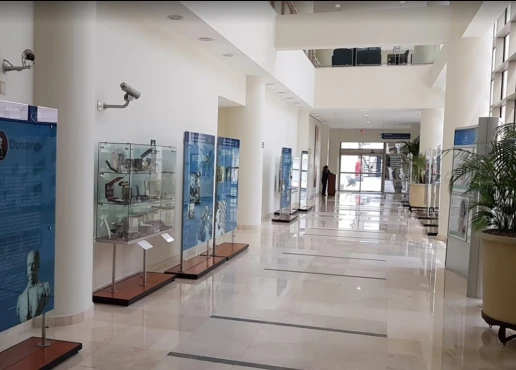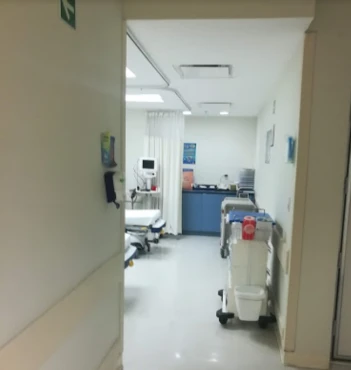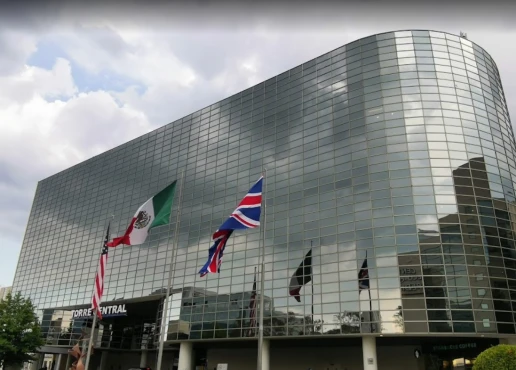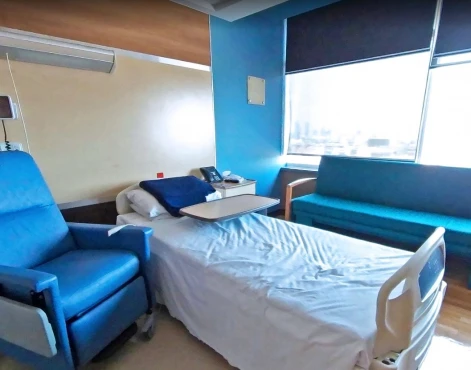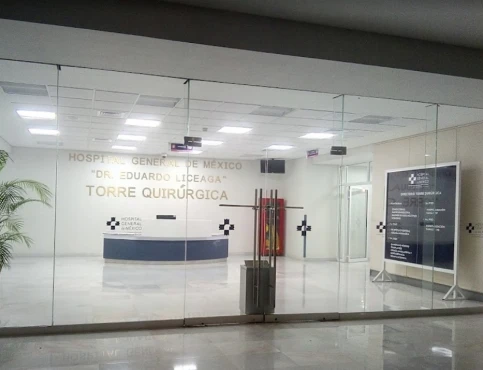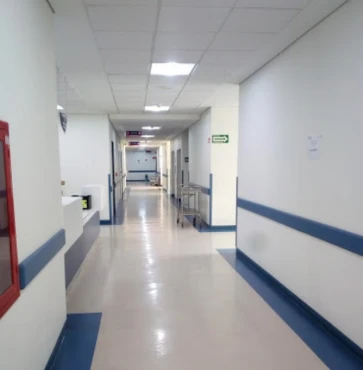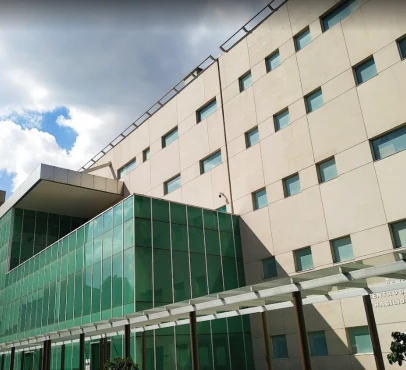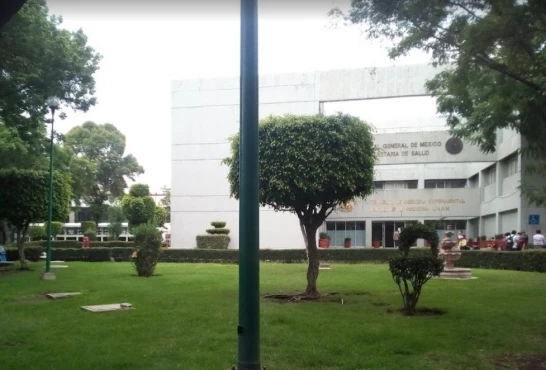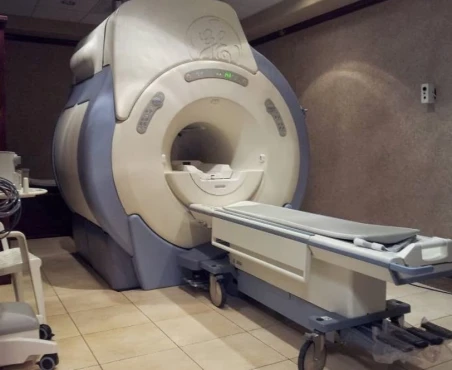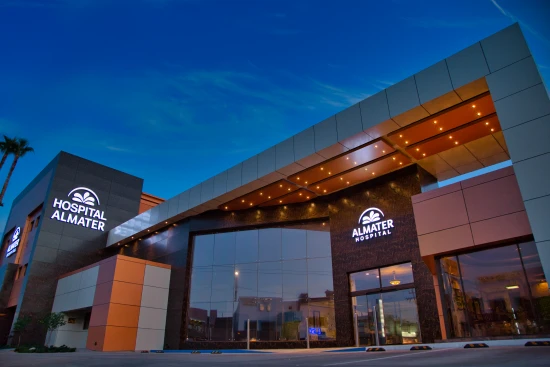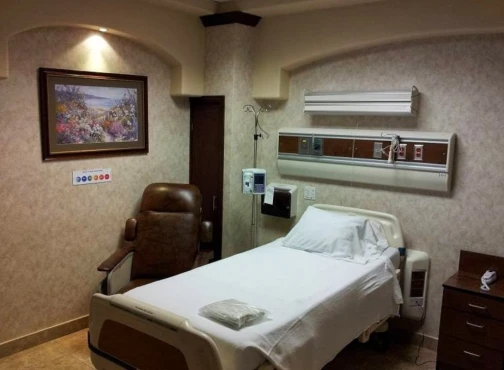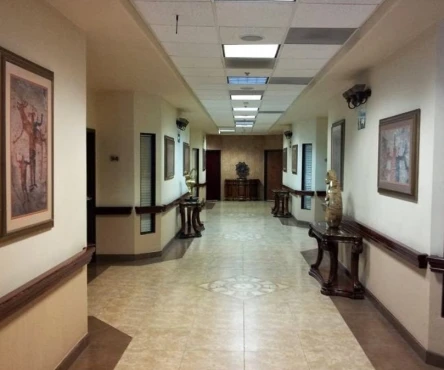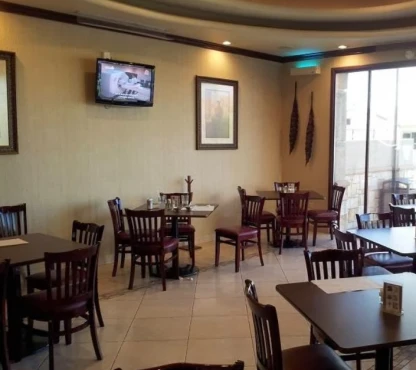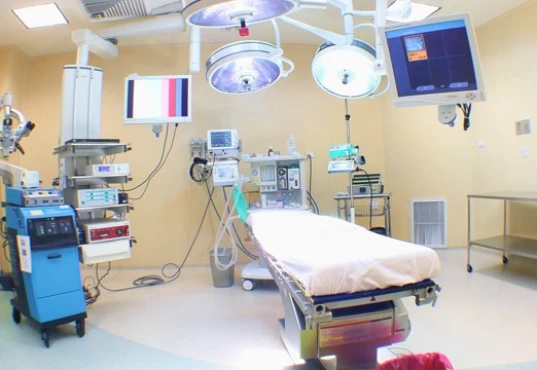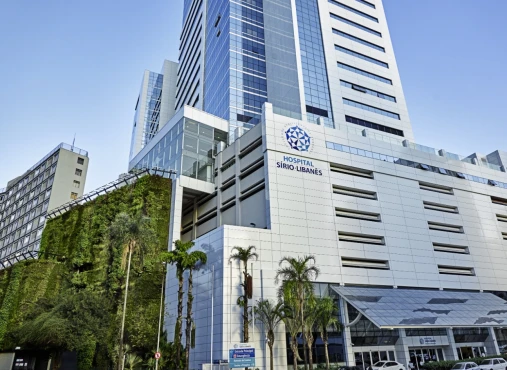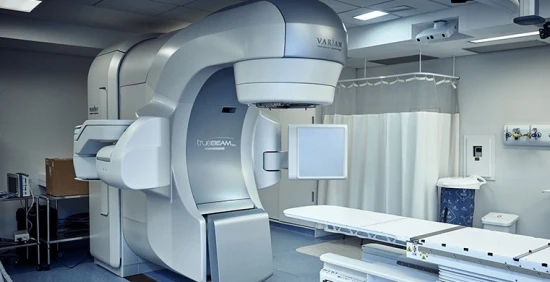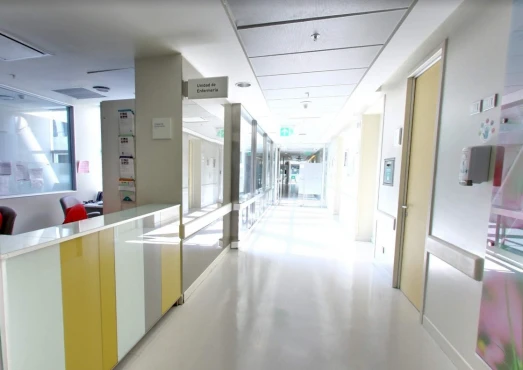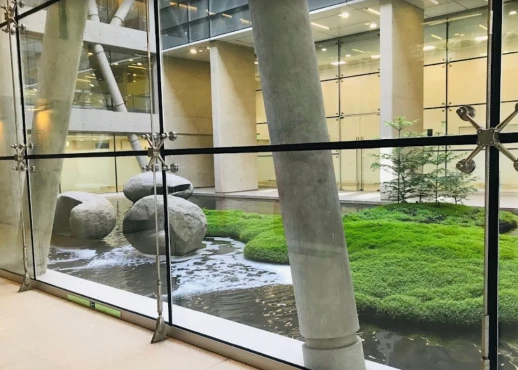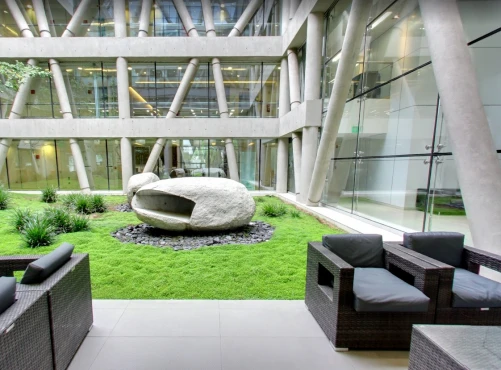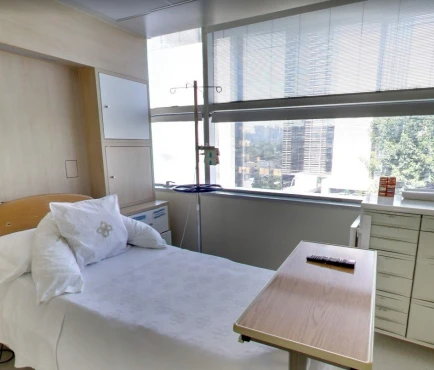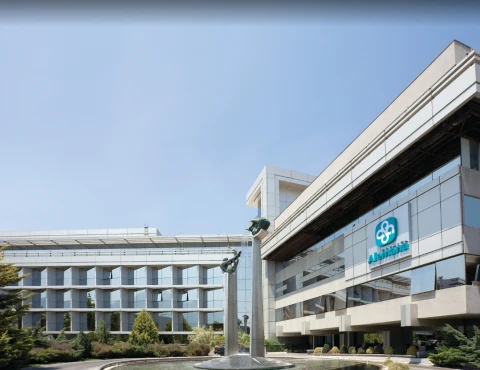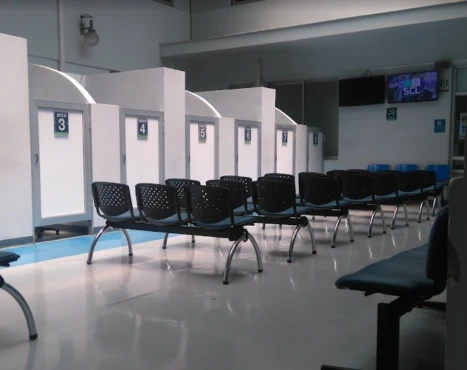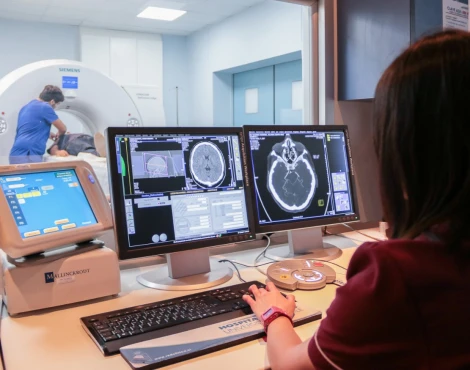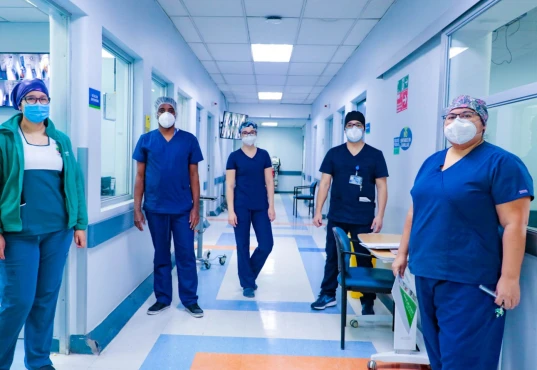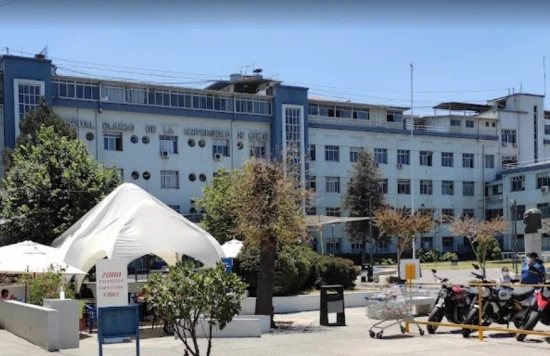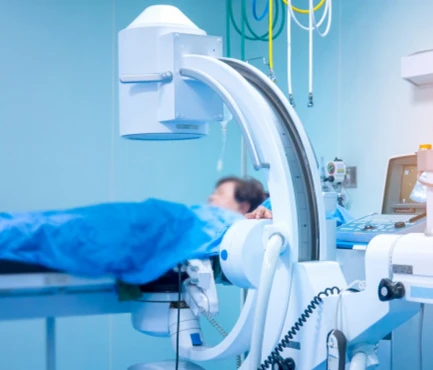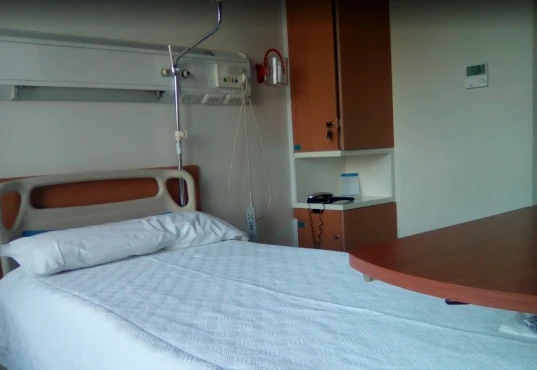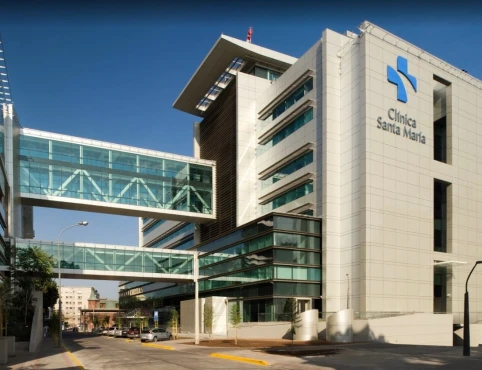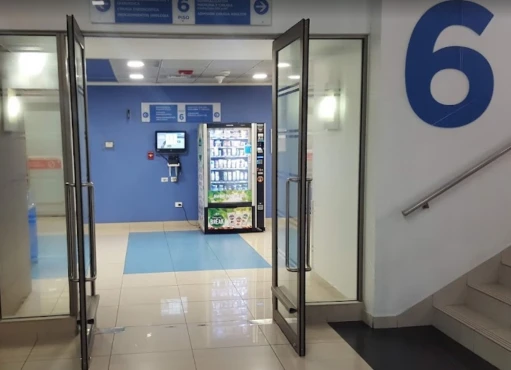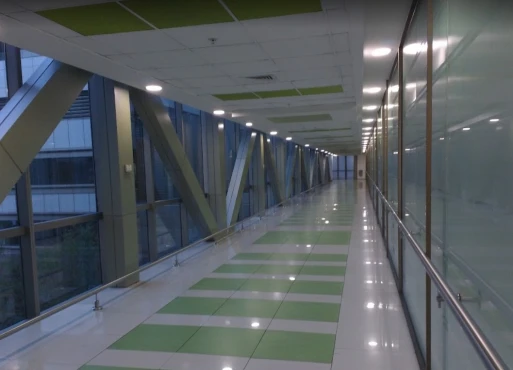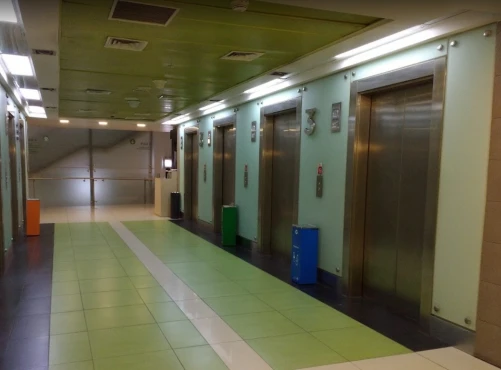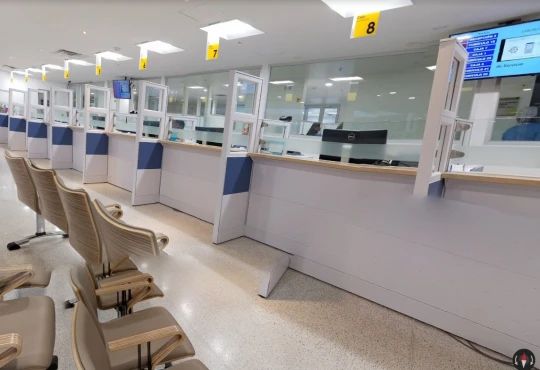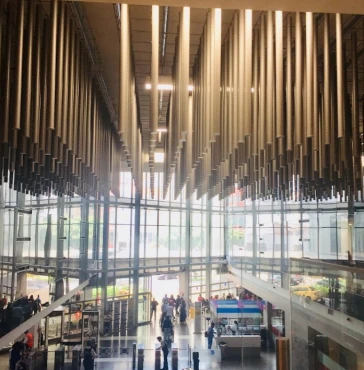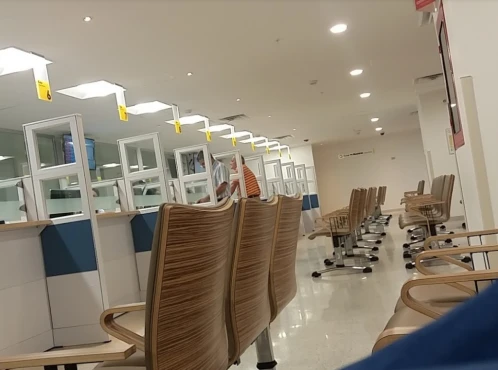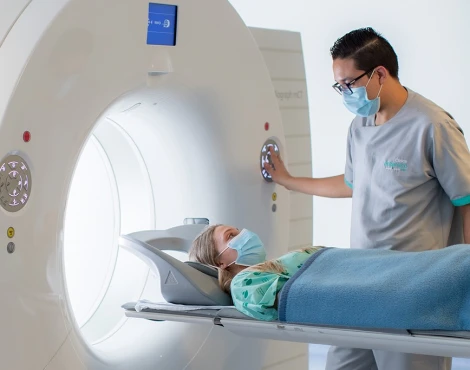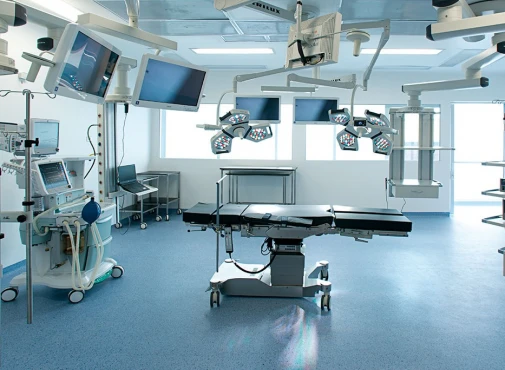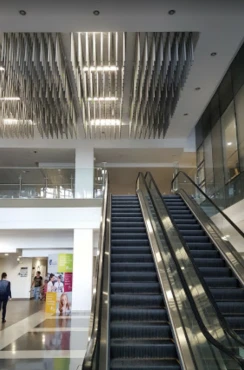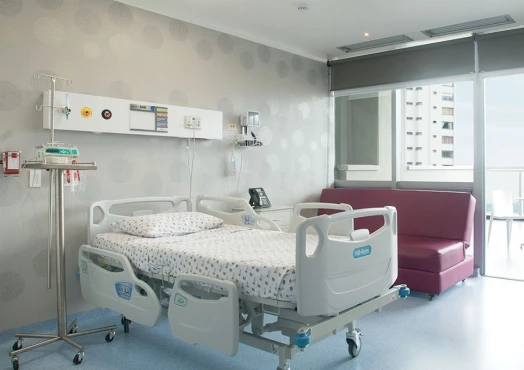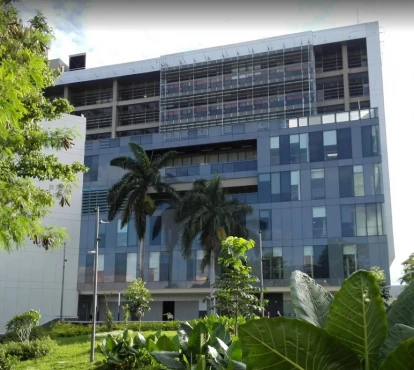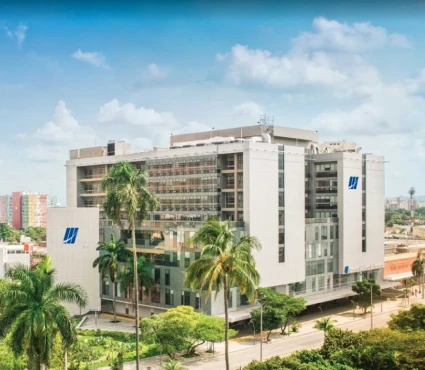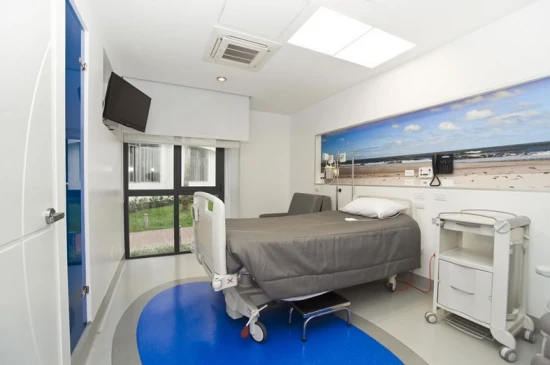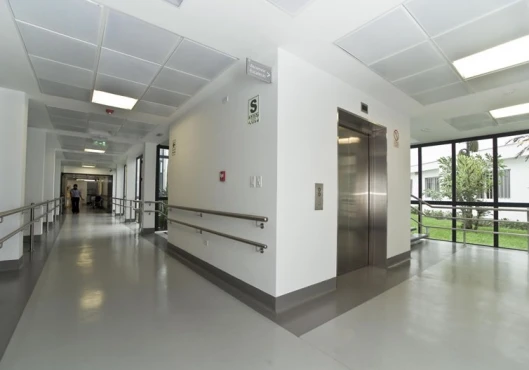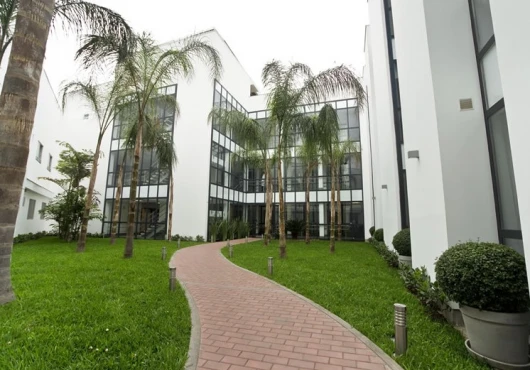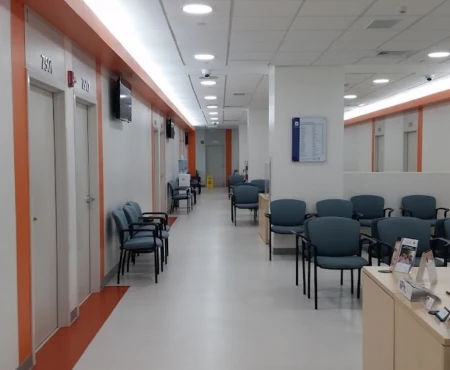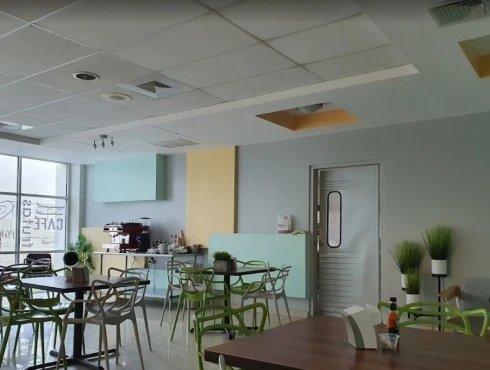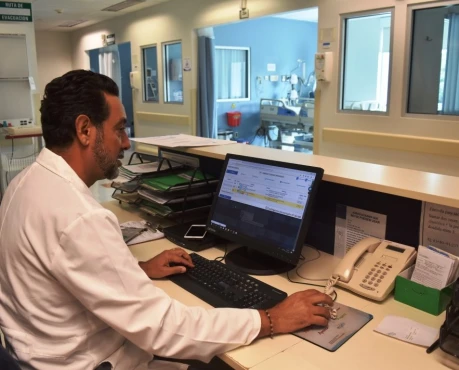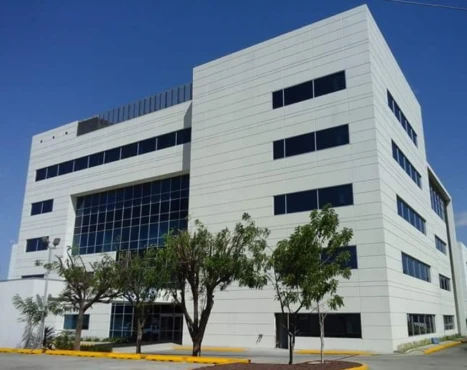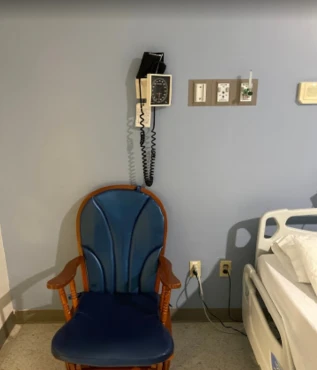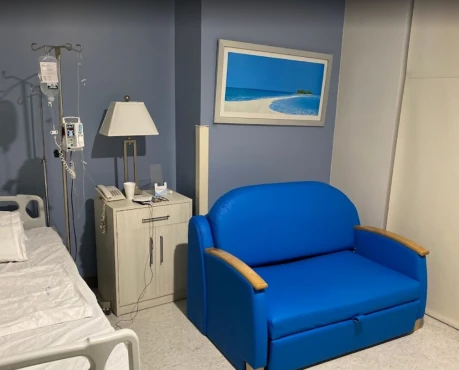Mitral valve stenosis treatment in 136 Cardiac surgery clinics in Americas
136 clinics specializing in Cardiac surgery providing treatment of Mitral valve stenosis Mitral valve stenosis is a heart condition where the mitral valve becomes narrowed, impeding blood flow from the left atrium to the left ventricle. This can lead to symptoms such as shortness of breath, fatigue, and chest pain. disease in Americas.
Sorted by:
Relevance
Rating
Relevance
Prices for popular procedures:
Prices for popular procedures:
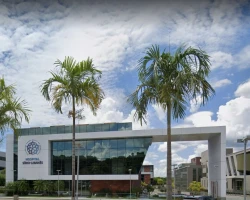
Brasília, Brazil
Specializations: Cardiac surgery, Vascular surgery, Thoracic surgery, Neurosurgery, Spine surgery, Orthopedic surgery, Oncology
With more than 30,000 square meters, the new hospital is located in Asa Sul, close to the existing Oncology and Diagnostic Centers of Sírio-Libanês and
read more
Prices for popular procedures:
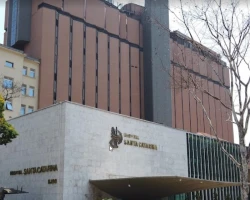
São Paulo, Brazil
Specializations: Cardiac surgery, Vascular surgery, Thoracic surgery, Neurosurgery, Spine surgery, Orthopedic surgery, Oncology
A reference for quality in the provision of health services in Brazil, Hospital Santa Catarina was founded on February 6, 1906 by Sister Beata Heinrich
read more
Prices for popular procedures:
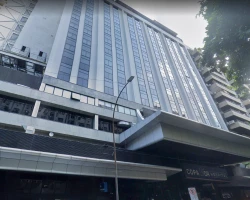
Rio de Janeiro, Brazil
Specializations: Cardiac surgery, Vascular surgery, Thoracic surgery, Neurosurgery, Spine surgery, Orthopedic surgery, Oncology
Hospital Copa D'Or is a reference in highly complex treatments. As a high standard general hospital, it encompasses a modern management structure, state-of-the-art equipment and
read more
Prices for popular procedures:
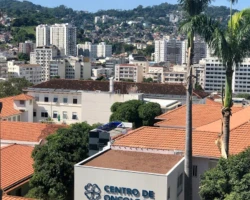
Rio de Janeiro, Brazil
Specializations: Cardiac surgery, Vascular surgery, Thoracic surgery, Neurosurgery, Spine surgery, Orthopedic surgery, Oncology
In recent years, HSVP has consolidated itself as an institution of international standard and a reference in health, being elected the 5th best hospital in
read more
Prices for popular procedures:
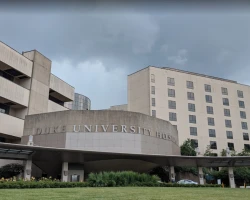
Durham, United States
Specializations: Cardiac surgery, Vascular surgery, Thoracic surgery, Neurosurgery, Spine surgery, Orthopedic surgery, Oncology
Languages: Arabic, Chinese, French, German, Gujarati, Hindi, Japanese, Korean, Lao, Russian, Vietnamese, Khmer, Spanish; Castilian
Duke University Hospital is consistently rated as one of the best hospitals in the United States and is known around the world for its outstanding
read more
Prices for popular procedures:
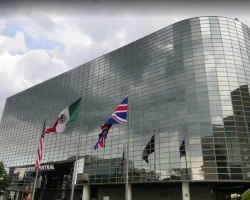
Mexico City, Mexico
Specializations: Cardiac surgery, Vascular surgery, Thoracic surgery, Neurosurgery, Spine surgery, Orthopedic surgery, Oncology
We are an institution that cares for the health and safety of our patients through the best medical practices. We distinguish ourselves by being supportive
read more
Prices for popular procedures:
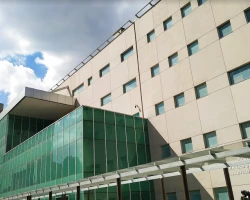
Mexico City, Mexico
Specializations: Cardiac surgery, Vascular surgery, Thoracic surgery, Neurosurgery, Spine surgery, Orthopedic surgery, Oncology
The origin of the General Hospital of Mexico dates back to February 5, 1905, when it was inaugurated, thus beginning an extraordinary stage in the
read more
Prices for popular procedures:

Mexicali, Mexico
Specializations: Cardiac surgery, Vascular surgery, Thoracic surgery, Neurosurgery, Spine surgery, Orthopedic surgery, Oncology
Almater Hospital is one of the leading healthcare facilities in northern Mexico. Located just two hours from San Diego, California, in the vibrant border city
read more
Prices for popular procedures:
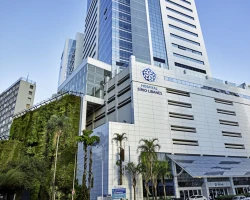
São Paulo, Brazil
Specializations: Cardiac surgery, Vascular surgery, Thoracic surgery, Neurosurgery, Spine surgery, Orthopedic surgery, Oncology
Hospital Sírio-Libanês, in Bela Vista, is a reference center for highly complex procedures and integrated action in various specialties, such as Cardiology and Oncology .
read more
Prices for popular procedures:
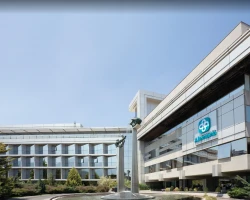
Vitacura, Chile
Specializations: Cardiac surgery, Vascular surgery, Thoracic surgery, Neurosurgery, Spine surgery, Orthopedic surgery, Oncology
Languages: English
This health center is part of a joint-stock company called Grupo Alemana SpA, whose sole owner is the Corporación Chileno Alemana de Beneficencia, a non-profit
read more
Prices for popular procedures:
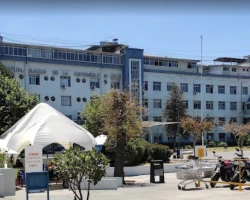
Independencia, Chile
Specializations: Cardiac surgery, Vascular surgery, Thoracic surgery, Neurosurgery, Spine surgery, Orthopedic surgery, Oncology
Our mission is to be the main University Hospital in the country that, together with the training of excellent health professionals, research and the best
read more
Prices for popular procedures:
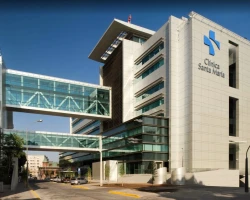
Providencia, Chile
Specializations: Cardiac surgery, Vascular surgery, Thoracic surgery, Neurosurgery, Spine surgery, Orthopedic surgery, Oncology
Languages: English, Portuguese
Is a private institution with more than 75 years of work and dedication to health in Chile. More than 85,000 m2 built to offer the
read more
Prices for popular procedures:
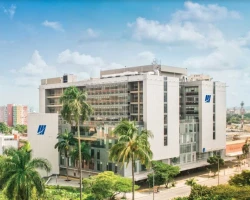
Cali, Colombia
Specializations: Cardiac surgery, Vascular surgery, Thoracic surgery, Neurosurgery, Spine surgery, Orthopedic surgery, Oncology
In the early 1970s, a group of professors from the Universidad del Valle School of Medicine conceived the idea of creating a center for specialists
read more
Prices for popular procedures:
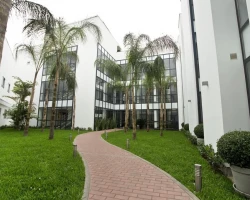
Lima, Peru
Specializations: Cardiac surgery, Vascular surgery, Thoracic surgery, Neurosurgery, Spine surgery, Orthopedic surgery, Oncology
Languages: English
We are an institution committed to people's health, with a culture of service that drives us to put the patient at the center of our
read more
Prices for popular procedures:
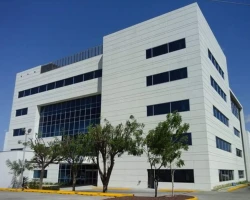
Managua, Nicaragua
Specializations: Cardiac surgery, Vascular surgery, Thoracic surgery, Neurosurgery, Spine surgery, Orthopedic surgery, Oncology
The Vivian Pellas Hospital opens its doors with the vision of being the organization that raises the standard of private health in Nicaragua to the
read more
Clinics grouping by rating
Clinic with the highest rating of 5 — New Brunswick Heart Centre in Saint John, Canada, clinic with the most reviews number of 2716 — Hospital Italiano de Buenos Aires in Buenos Aires, Argentina.
With rating 4.0 and over — 44 clinics .
Countries with the highest number of clinics treating the diseases:
Mitral valve stenosis:
worldwide
561 clinics
India
39 clinics
Brazil
32 clinics
Germany
29 clinics
Turkey
29 clinics
Colombia
25 clinics
Related procedures:
Procedures are likely to be used for Mitral valve stenosis treatment:
Balloon valvuloplasty,
Bio-prosthetic valve replacement,
Double valve replacement,
Mechanical valve replacement,
and
Mitral valve replacement (MVR)
.
